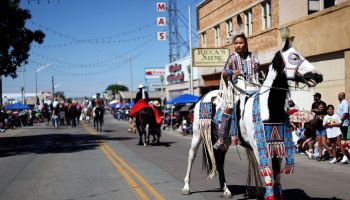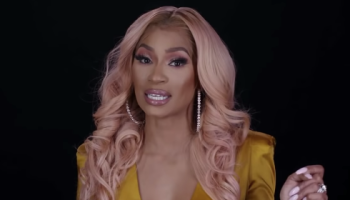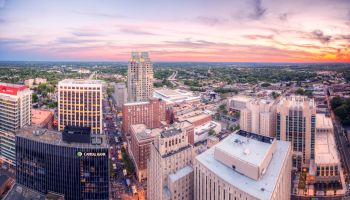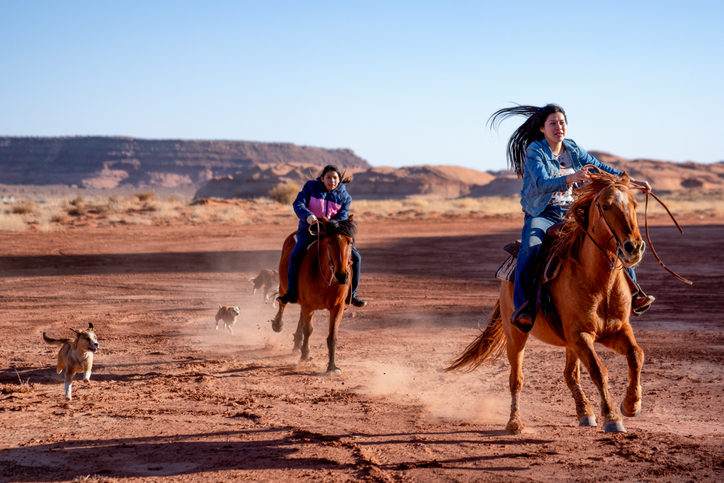
Source: grandriver / Getty
Indigenous Peoples’ Day finally allows us to highlight Native Americans and their contributions to American society.
On Oct. 8, 2021, Joe Biden became the first president to acknowledge the holiday declaring it a national holiday, which we now celebrate on the second Monday of October.
In this year’s proclamation on Indigenous Peoples’ Day, Biden recognized the pain native Americans have endured as well as their contributions to our great nation. “For centuries, Indigenous Peoples were forcibly removed from ancestral lands, displaced, assimilated, and banned from worshiping or performing many sacred ceremonies,” Biden said in a statement.
“Yet today, they remain some of our greatest environmental stewards. They maintain strong religious beliefs that still feed the soul of our Nation. And they have chosen to serve in the United States Armed Forces at a higher rate than any other group. Native peoples challenge us to confront our past and do better, and their contributions to scholarship, law, the arts, public service, and more continue to guide us forward.”
The indigenous Americans helped shape everything we know about agriculture. They’ve influenced our art, our music, and even our way of life.
According to the USDA, 60% of the present world’s food supply comes from the American Indians’ agriculture, primarily consisting of corn and the so-called “Irish” potatoes. We’ve used their names for states, cities, streets, lakes, mountains, and rivers. Almost half of our states have Indian names. Indian lore taught us how to fish and hunt, and live off the land. Their teachings laid the foundation for groups like the Boys Scouts & Girls Scouts of America.
The U.S. Democracy was even influenced by Inca, Mayan, and Aztec cultures. Many concepts in the United States Constitution can be traced back to the Iroquois Confederacy of 1142, the oldest living participatory democracy on earth.
Early Indians were Americans’ first explorers, traveling the northern and Southern Hemispheres, building pathways that would lead to our first roads and railways. Their historic knowledge of plant life would lead to our medicines, soaps, and clothes. American Indians, Alaska Natives, and Native Hawaiians have given so much to this country. Their contributions are invaluable and we wouldn’t have a country without them.
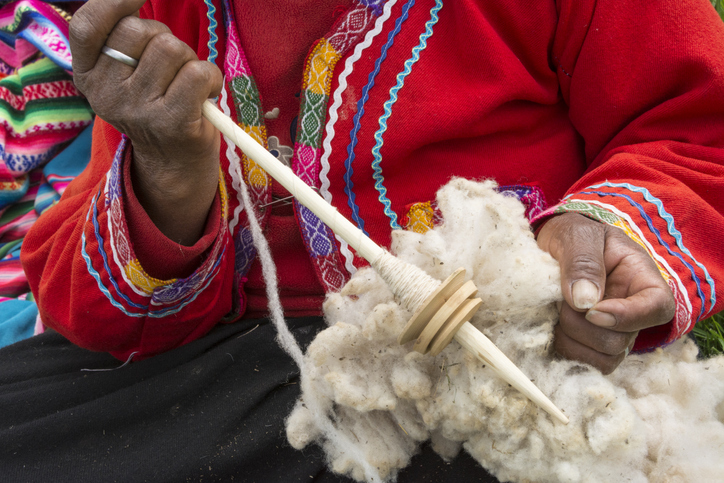
Source: Greg Vaughn / VWPics / Getty
Here are 10 things you wouldn’t have without indigenous people:
- The log cabin was an adaptation of the Indian log or longhouse
- Canoeing, lacrosse, and tug-of-war were sports created by Native Americans
- Corn, 14 different beans, maple syrup, wild rice, pumpkin, and avocado all started with Native American farmers.
- Native Americans invented the first chewing gum
- Although snowshoes were invented in Central Asia, it was adopted by Native Americans in the Great Lakes region of the early Americas. They evolved the shoe into what it is today.
- Barbecues, hammocks, kayaks, and moccasins are all Native American words adopted into our modern culture.
- Native Americans developed and communicated with sign language. They used a system of hand signals to facilitate trade and other communications with other tribes.
- Tobacco, cigars, and pipe smoking we’re rich Native American traditions.
- Cotton was originally a Native American resource. Europeans saw its value and created an entire slave trade to produce it on a national scale.
- Native Americans were the first known culture to use rubber. They used it to make containers, as well as a ball they played games with.
SEE ALSO:
Happy Indigenous People’s Day! A List Of Things White People Have ‘Columbused’
The History Of Black People With Blue Eyes
The post Indigenous Peoples’ Day: Things You Wouldn’t Have Without Native Americans appeared first on NewsOne.
Indigenous Peoples’ Day: Things You Wouldn’t Have Without Native Americans was originally published on newsone.com








